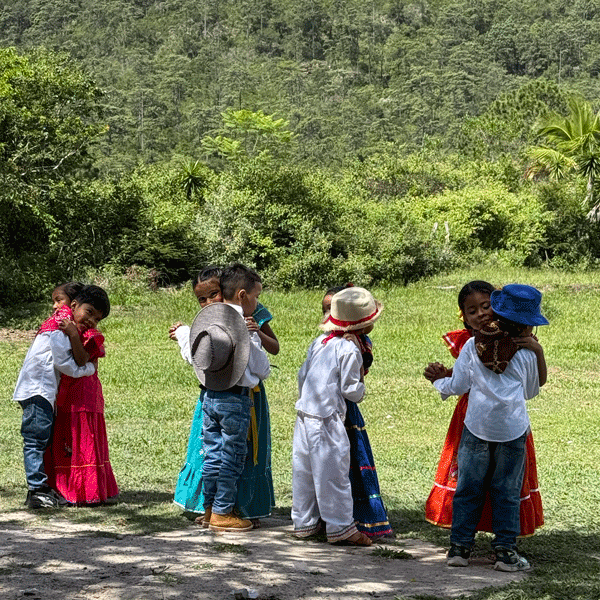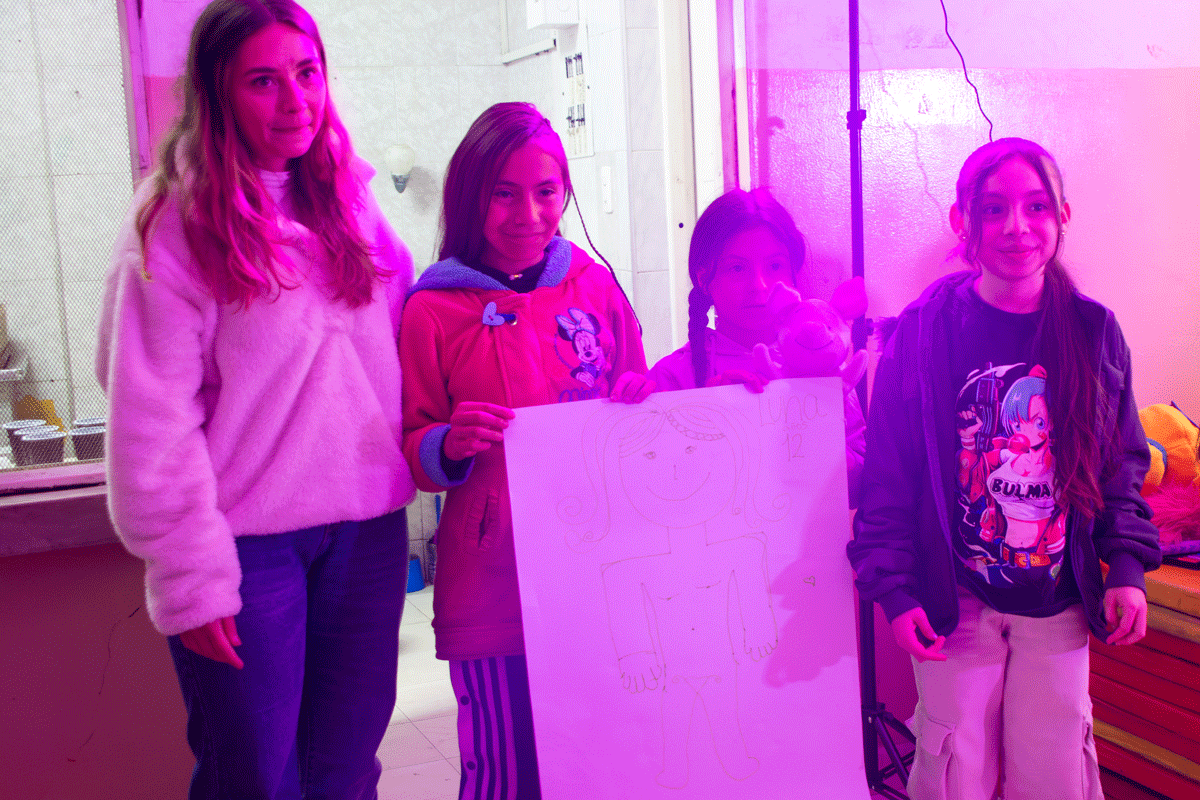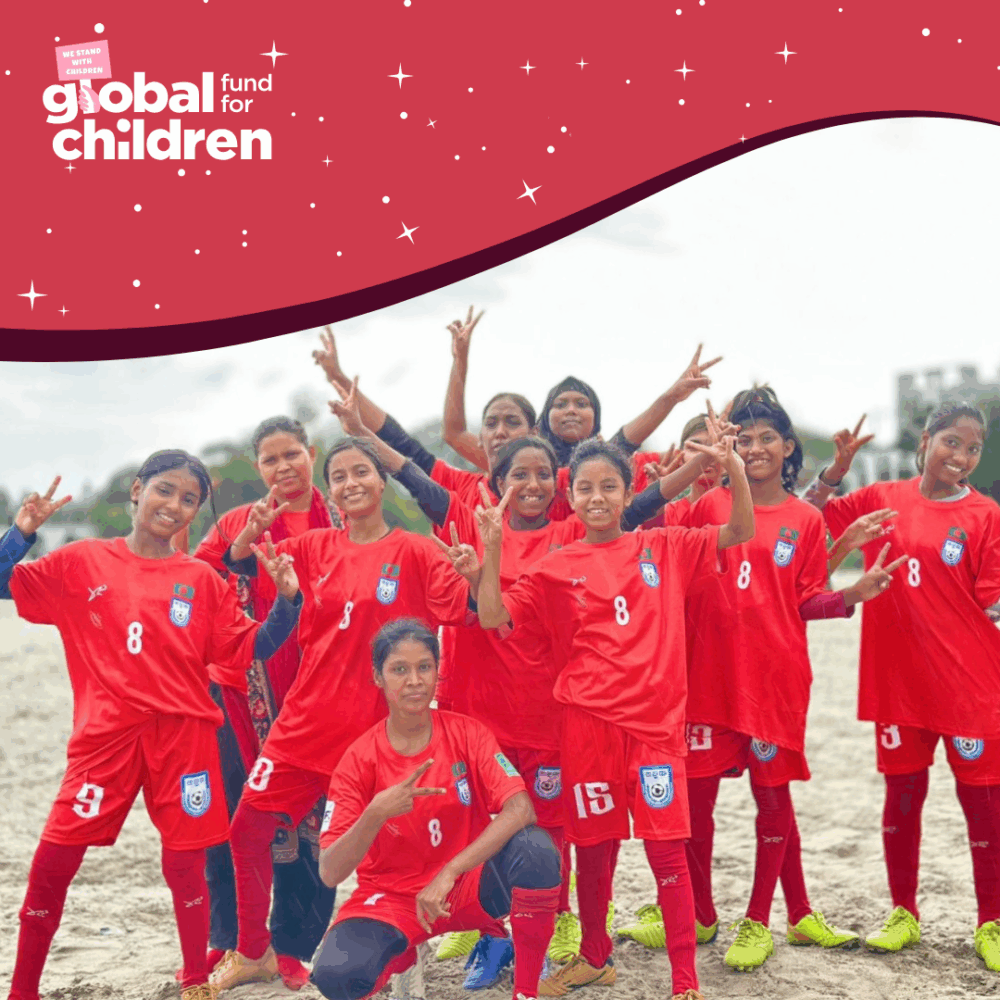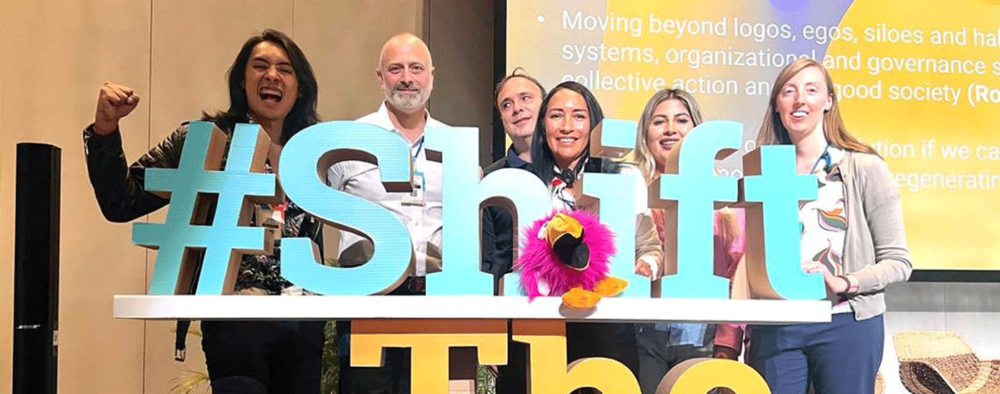
Education
Together with community-based partners around the world, we can create meaningful change for children, young people and communities — from improved education and accessibility to reducing violence, especially against girls.
Every gift counts & this winter every donation will be doubled thanks to a $10,000 match!
Education
The devastating consequences seen in Colombia after the COVID-19 pandemic were similar to those experienced by many other countries, especially in the Global South. Colombia confronted unparalleled economic, social, and political challenges, with the nation’s first recession in two decades and high rates of income inequality, particularly across geographic and ethnic divides. Colombians took to the streets in protest, with many demonstrations in response to the social crisis the country was facing.
On top of this challenging context, Colombia now faces a long-term learning crisis. In 2022, pressing economic issues led to high rates of grade repetition and school dropout, with 2.6 million children out of school, and high levels of significant learning poverty. Marginalized and vulnerable communities are the most affected, facing lower teacher quality and less access to innovative pedagogical resources, inputs, and practices, in addition to a surge in child recruitment by illegal armed groups. These complex challenges create numerous barriers for children and youth, and community-led organizations often take an important role in providing access to quality education and basic rights and helping these children reach their full potential.

However, community-based organizations in Colombia are also still recovering from the effects of the COVID-19 pandemic. For many organizations, the pandemic brought extreme despair, because in addition to the constant fear and negative impacts related to the pandemic, a lack of financial resources affected organizations that tried to maintain their activities and persist in their humanitarian work.
For Fundación Niñas de Luz, also known as Funiluz, it was no different.
“We were at a time when I, as director of the foundation, had decided to close,” explained Luz Dary Bonilla Salcedo, Funiluz’s General Director. “We held a meeting with the girls and their families where we told them that we were not going to continue our activities because we didn’t have the financial resources to do what we really needed to do.”
Funiluz works with girls between 5 and 17 years old who are in a state of vulnerability due to poverty, displacement, or, in some cases, sexual abuse. Through play-based education programs, Funiluz seeks to give girls the tools to build their life projects and become leaders who contribute positively to their communities and future generations. Funiluz’s participation in the PEAK initiative was essential for the organization to continue its activities in the wake of the pandemic.
“The girls decided that they wanted to have a political education school where they would learn what the adults were really fighting for, or for what reason those demonstrations were taking place. So they decided that they wanted a school where they could learn about politics in a fun way,” said Luz. “And that’s when we received the flexible funds and began to create our school using puppets to help teach the girls.”
In 2023, Funiluz was one of three finalists for the Ministry of Internal Affairs’ national Colombia Participa prize, acknowledging the organization’s work teaching girls about democracy and politics in a fun way.
The flexible funds provided by GFC not only allowed Funiluz to continue to exist but also guaranteed that the needs and wishes of the children remained at the center of its programming. The other portion of the primary grant from GFC was used to create a menstrual education school, also requested by the girls.
Funiluz’s autonomy in managing and investing its funds, enabled by GFC’s trust-based philanthropy approach, gives the organization the power to address its institutional needs and the needs of the community, which include strengthening the engagement and leadership of the community in fighting for their rights and eradication of inequalities.
“Small organizations need to grow, they need to learn, they need to be invested in. The flexible funds allow this entire community to be built, and enable all this synergy that will have an important result in the future,” said Luz.
In contexts of extremely vulnerability, where people often experience stigma and prejudice, this vote of trust goes beyond financial resources and capacity building – it acknowledges the confidence that these people have in themselves and validates the positive impact they are creating.
GFC collaborates with its grassroots partners from around the world to advocate for more flexible funding and trust-based partnerships in philanthropy. To learn more about our influencing work, check out our new resource Trust in Action: The Bridge Between Grantmakers and the Grassroots.
Header Photo: Shift The Power Conference 2023. © GFC

